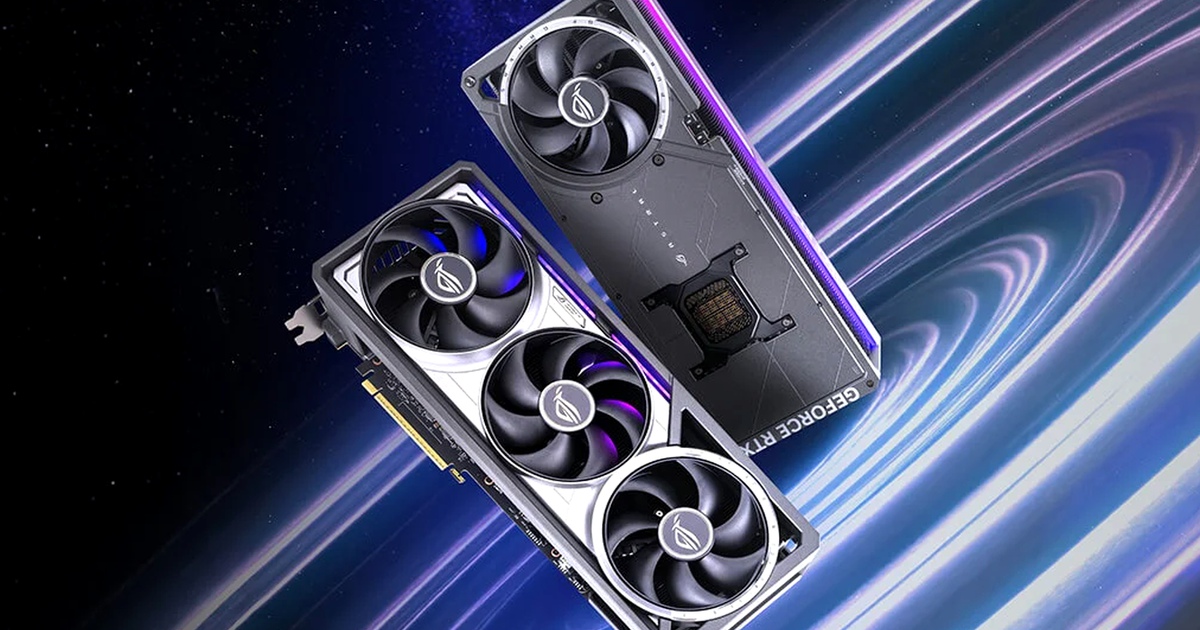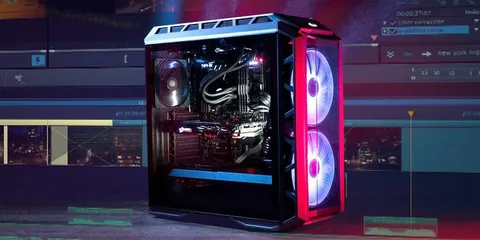AMD has been at the forefront of CPU innovation, and the Ryzen 9000 series promises to take things to the next level. With leaked benchmarks circulating online, excitement is building among tech enthusiasts. But does the Ryzen 9000 series truly redefine performance? This article dives deep into leaked benchmarks, performance comparisons, and its impact on gaming and productivity. buy now
Overview of AMD Ryzen 9000 Series
The AMD Ryzen 9000 series is built on the Zen 5 architecture, offering significant improvements in IPC (Instructions Per Cycle), clock speeds, and power efficiency. Some key features include:
- Zen 5 Architecture – Enhanced multi-threading and efficiency
- AM5 Socket Compatibility – Works with existing AM5 motherboards
- Higher Clock Speeds – Boosts up to 6.0 GHz (as per leaks)
- DDR5 and PCIe 5.0 Support – Future-proofing for high-speed components
- AI & Machine Learning Enhancements – Optimization for AI-based tasks
The leaks suggest that AMD has significantly optimized performance per watt, making the Ryzen 9000 series a compelling upgrade.
Leaked Benchmarks: What We Know So Far
According to leaked Geekbench and Cinebench scores, the Ryzen 9 9950X, AMD’s flagship processor, outperforms its predecessor by 15-20% in single-core and 30% in multi-core performance. Here’s a breakdown:
| Processor | Single-Core (Geekbench 6) | Multi-Core (Geekbench 6) |
|---|---|---|
| Ryzen 9 7950X | 2300 | 23000 |
| Ryzen 9 9950X | 2750 | 30000 |
These numbers indicate a substantial performance leap, making the Ryzen 9000 series ideal for both gamers and professionals.
Performance Comparison with Previous Generations
AMD has consistently improved its CPUs with each generation. Here’s how the Ryzen 9000 series stacks up against previous models:
IPC Gains and Clock Speed Improvements
- Zen 3 (Ryzen 5000) → Zen 4 (Ryzen 7000): 15% IPC increase
- Zen 4 (Ryzen 7000) → Zen 5 (Ryzen 9000): 18-20% IPC increase
Gaming FPS Gains (Leaked Benchmarks)
- Ryzen 9 9950X vs 7950X
- Cyberpunk 2077: +18% FPS
- Call of Duty MW3: +22% FPS
- Baldur’s Gate 3: +16% FPS
AMD’s optimizations in Zen 5 architecture show clear improvements across the board.
Competitor Analysis: AMD vs Intel
The biggest competition for AMD remains Intel’s upcoming 14th Gen Core processors. Here’s a head-to-head comparison:
| Feature | AMD Ryzen 9000 Series | Intel 14th Gen (Expected) |
| Max Cores/Threads | 16C/32T (Ryzen 9 9950X) | 24C/32T (i9-14900K) |
| Max Clock Speed | 6.0 GHz (Boost) | 6.2 GHz (Boost) |
| Architecture | Zen 5 | Raptor Lake Refresh |
| Power Efficiency | Better | Higher Power Draw |
| AI Enhancements | Yes | Yes |
While Intel may have slightly higher boost clocks, AMD’s superior power efficiency and IPC gains make it a strong competitor.
Gaming Performance Insights
Gamers will be particularly interested in how the Ryzen 9000 series enhances performance. Leaked FPS numbers suggest a significant improvement in GPU-bound scenarios, thanks to faster memory controllers and enhanced cache optimizations.
Key advantages for gamers:
- Higher minimum FPS stability
- Better latency improvements for competitive gaming
- Optimized for modern game engines with AI-driven enhancements
Productivity and Workstation Capabilities
Beyond gaming, Ryzen 9000 is a powerhouse for professional workloads. Leaked Cinebench and Blender benchmarks indicate 30% better multi-core performance, making it ideal for:
- 3D rendering & video editing
- Software development & AI training
- Multitasking & streaming setups
AMD’s optimizations in Zen 5 make it a serious contender for workstation users.
Power Efficiency and Thermal Performance
AMD is emphasizing efficiency in the Ryzen 9000 series. The new 5nm process ensures better thermals and lower power draw. Reports suggest:
- Lower power consumption under full load
- Improved cooling efficiency with AM5 motherboards
- Reduced thermal throttling for sustained performance
Overclocking Potential
Leaked reports show that the Ryzen 9000 series has significant headroom for overclocking:
- Ryzen 9 9950X reaching 6.2 GHz on liquid cooling
- Enhanced PBO (Precision Boost Overdrive) for automatic tuning
- Better silicon binning for stable performance gains
Expected Pricing and Availability
AMD is expected to launch the Ryzen 9000 series in Q3 2024, with pricing similar to the Ryzen 7000 series:
| Processor | Expected Price |
| Ryzen 9 9950X | $699 |
| Ryzen 7 9800X | $499 |
| Ryzen 5 9600X | $349 |
Official pricing will be confirmed closer to launch
Conclusion
The AMD Ryzen 9000 series is shaping up to be a game changer, with significant IPC gains, power efficiency improvements, and better gaming performance. If the leaked benchmarks hold true, this could be AMD’s best processor lineup yet, offering a solid upgrade path for gamers and professionals alike.
FAQs
1. Is the Ryzen 9000 series worth upgrading to?
If you’re using an older Ryzen 5000 or Intel 12th Gen processor, upgrading will bring substantial performance improvements.
2. Does Ryzen 9000 require a new motherboard?
No, it remains compatible with AM5 motherboards, though a BIOS update may be needed.
3. How does Ryzen 9000 compare to Intel’s 14th Gen?
While Intel may have slightly higher boost clocks, AMD’s efficiency and multi-threaded performance gains make it a better choice for many users.
4. Will Ryzen 9000 support DDR4?
No, AMD is fully transitioning to DDR5, which provides higher bandwidth and efficiency.
5. What GPUs pair best with Ryzen 9000?
High-end GPUs like RTX 4090, RTX 4080, RX 7900 XTX will complement Ryzen 9000 for gaming and productivity tasks.


















Leave a comment